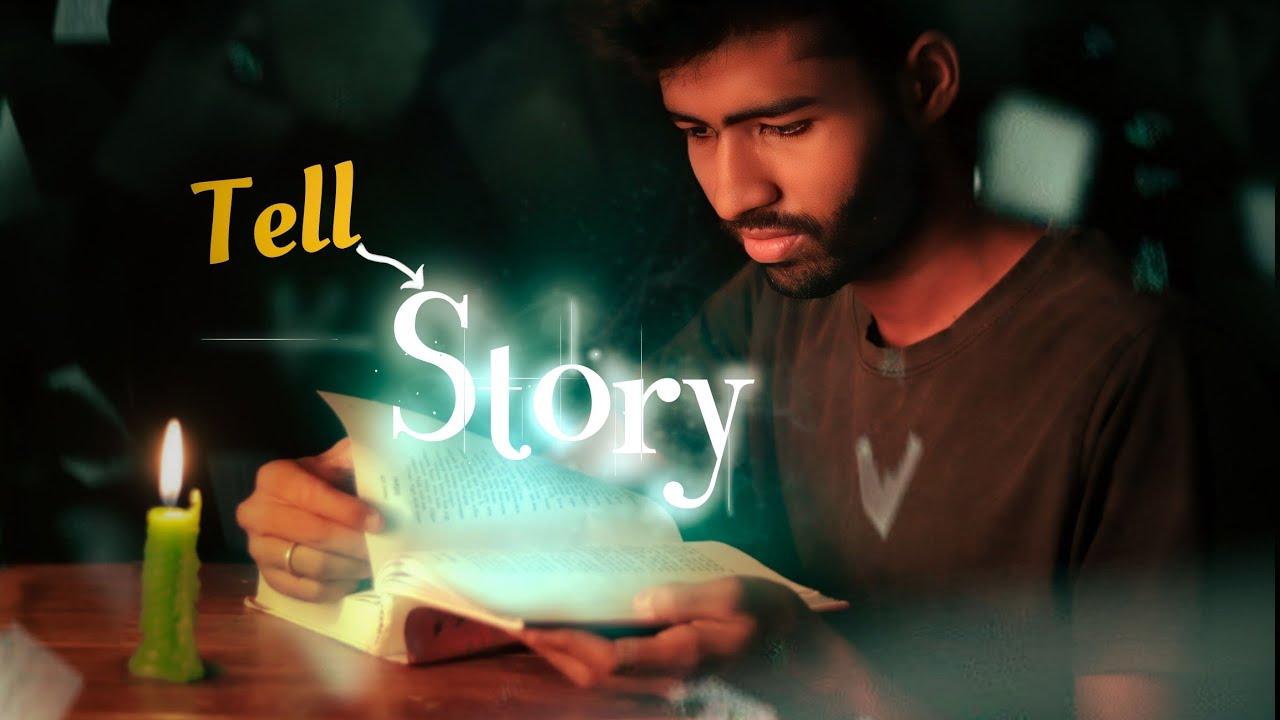Motivating Students to Learn Q&A Question 9
Summary
TLDRThe transcript discusses the importance of acknowledging students' feelings within the time constraints of a classroom. It emphasizes that while it's not necessary to address emotions in every lesson, establishing rapport early on can reduce negative behaviors. Teachers are encouraged to handle frustration or outbursts calmly, using such moments as teachable opportunities to guide students in emotional management. The speaker, a former teacher, shares personal experiences where such incidents were rare and managed effectively, highlighting the need for understanding rather than punishment.
Takeaways
- 🕒 Time constraints are a reality in the classroom, but acknowledging students' feelings can still be achieved without affecting every lesson.
- 🤝 Building rapport with students early on can reduce the need for extensive emotional management later in the teaching process.
- 🔧 Initially, more effort may be required to establish classroom norms and manage student behavior, but this investment pays off over time.
- 📉 Negative behaviors and emotional outbursts tend to decrease as students become more comfortable and understand classroom expectations.
- 👀 Observing and managing a student's emotional response in the moment can serve as a teachable moment for the entire class.
- 🙅♂️ Punishment is not the only response to negative behavior; understanding and addressing the root cause can be more effective.
- 🤔 Recognizing that frustration may stem from a student's inability to solve a problem, rather than anger towards the teacher, can help in addressing the issue.
- 💡 Using moments of frustration as opportunities to teach emotional regulation can empower students to handle similar situations in the future.
- 🌟 Handling emotional situations with empathy and understanding can set a positive example for the rest of the class.
- 📚 The teacher's role is not just to impart knowledge but also to guide students in managing their emotions and behaviors.
Q & A
How can teachers acknowledge students' feelings within the constraints of time in the classroom?
-Teachers can acknowledge students' feelings by finding moments after building rapport with students, not necessarily in every lesson, but at key times when negative emotions arise. This can be done by managing the situation effectively so that other students learn from the teacher's approach.
What is the significance of building rapport with students in managing their emotions?
-Building rapport with students is significant as it allows teachers to better understand and respond to their emotional needs. It creates an environment of trust, making it easier for students to express their feelings and for teachers to guide them through emotional challenges.
How often does the speaker suggest addressing emotional outbursts in the classroom?
-The speaker suggests that emotional outbursts may not need to be addressed in every lesson and might only occur once or twice throughout the year. It's more about how the teacher manages the situation when it happens.
What is the speaker's view on punishing students for emotional outbursts?
-The speaker is against punishing students for emotional outbursts. Instead, they advocate for acknowledging the student's frustration, explaining the situation, and using it as a teachable moment for emotional management.
How can teachers use moments of student frustration as teaching opportunities?
-Teachers can use moments of student frustration to teach emotional management by acknowledging the student's feelings, explaining the situation, and demonstrating how to handle similar situations in a constructive manner.
What is the role of the teacher when a student exhibits negative behavior in class?
-The role of the teacher when a student exhibits negative behavior is to manage the situation effectively, not by exerting power or punishment, but by understanding the underlying cause of the behavior and guiding the student towards better emotional regulation.
Why might a student become frustrated during a lesson?
-A student might become frustrated during a lesson because they do not know how to reach an answer or solution to a problem, leading to self-directed anger rather than anger towards the teacher.
How can teachers help students manage their emotions in the classroom?
-Teachers can help students manage their emotions by creating a supportive environment, providing clear communication, and offering strategies for coping with frustration and stress.
What is the importance of understanding the difference between a student being angry with themselves versus the teacher?
-Understanding the difference between a student being angry with themselves versus the teacher is important because it allows the teacher to respond appropriately and empathetically, focusing on supporting the student rather than enforcing authority.
How can teachers prevent negative behaviors from becoming a pattern in the classroom?
-Teachers can prevent negative behaviors from becoming a pattern by addressing incidents promptly and effectively, modeling positive behavior, and reinforcing the importance of emotional regulation and respect for others.
What is the long-term impact of a teacher's approach to handling emotional outbursts in the classroom?
-The long-term impact of a teacher's approach to handling emotional outbursts can include fostering a more empathetic and emotionally intelligent classroom environment, where students learn to manage their emotions and respond to others with understanding.
Outlines

此内容仅限付费用户访问。 请升级后访问。
立即升级Mindmap

此内容仅限付费用户访问。 请升级后访问。
立即升级Keywords

此内容仅限付费用户访问。 请升级后访问。
立即升级Highlights

此内容仅限付费用户访问。 请升级后访问。
立即升级Transcripts

此内容仅限付费用户访问。 请升级后访问。
立即升级5.0 / 5 (0 votes)






